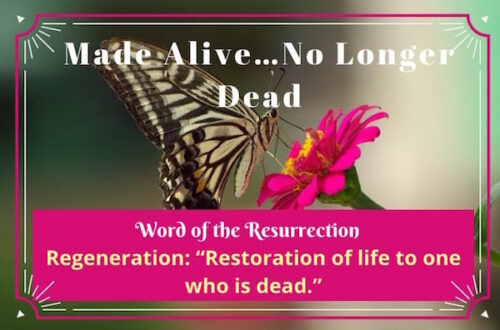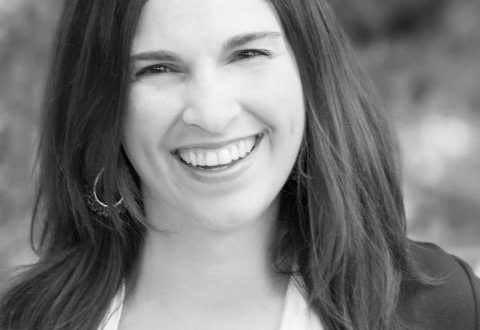Following Christ in a Post-Christian America
Generations ago, "Christian" was default. American values were (more or less) Christian values. Americans saw their country as a light to the world, a city on a hill. Religious diversity meant which kind of Christian church you went to on Sundays. Biblical allusions were woven into literature, art, performance…and actually understood by the common reader. Christian was what you were if you weren't some other religion. It was assumed, normal, default.
Generations ago, "Christian" was default. American values were (more or less) Christian values. Americans saw their country as a light to the world, a city on a hill. Religious diversity meant which kind of Christian church you went to on Sundays. Biblical allusions were woven into literature, art, performance…and actually understood by the common reader. Christian was what you were if you weren't some other religion. It was assumed, normal, default.
Obviously a lot has changed. Christianity has gone from default, to one option among many, to a religion with a target on it. It's likely the trend will continue. The question of few decades ago, "how can we keep American Christian?" sounds quaint. The new question to ask is "how do we live as Christians in an increasingly pagan America?"
As Christianity loses its default status, Christ-followers will become outsiders, different and strange. Laws and media are already casting suspicion on us, and intolerance and persecution is likely to increase.
Bad news? Yes, and no. Spend much time in Scripture and you recognize that as our sweet spot. We were never meant to fit in; we're not supposed to be normal. By our nature, we should stand out. Our love, compassion, unity, grace, service, worship, joy are supposed to be newsworthy. Our holiness is our separateness, and our righteousness and character should set us apart. We–not our nation–are the light of the world.
For generations, we've lived in a society that didn't require much of us. We didn't need to be radical, or sacrifice, or even be very fruitful. We could compromise to fit in. We could belong to the church and belong to the world, bringing a little light to the world, but not being extreme about it.
But now the light that spilled over into society is being extinguished, leaving us the light-bearers in the coming darkness. The time for dim lights is over. Now is the time to live as if we really believe what we say we believe, to live differently. To love God, love one another, love our neighbors as ourselves. Now is the time for holiness, grace, and faith. Now is the time for prayer and the pursuit of justice and to being God's good news to the world.
The Bible tells us that now is the time to shine like stars in the midst of a dark generation. But of course, it always did.




One Comment
Gustavo
Response to Following Christ in Post-Christian America
Thank you for your article. A few questions come to mind. Do you sense there is a real spiritual hunger these days, especially from the younger generation and from folks wanting something more than just a traditional church.
By all estimates, the U.S. is still about 40% evangelical, with large swaths in the South. Do you think we will reach a persecuted minority status? I understand that about 60% of the population still self-identifies as moderate to conservative suggesting that Christian values still hold some sway among the population.
Just a few thoughts. Thanks again for a stimulating article.
Gustavo